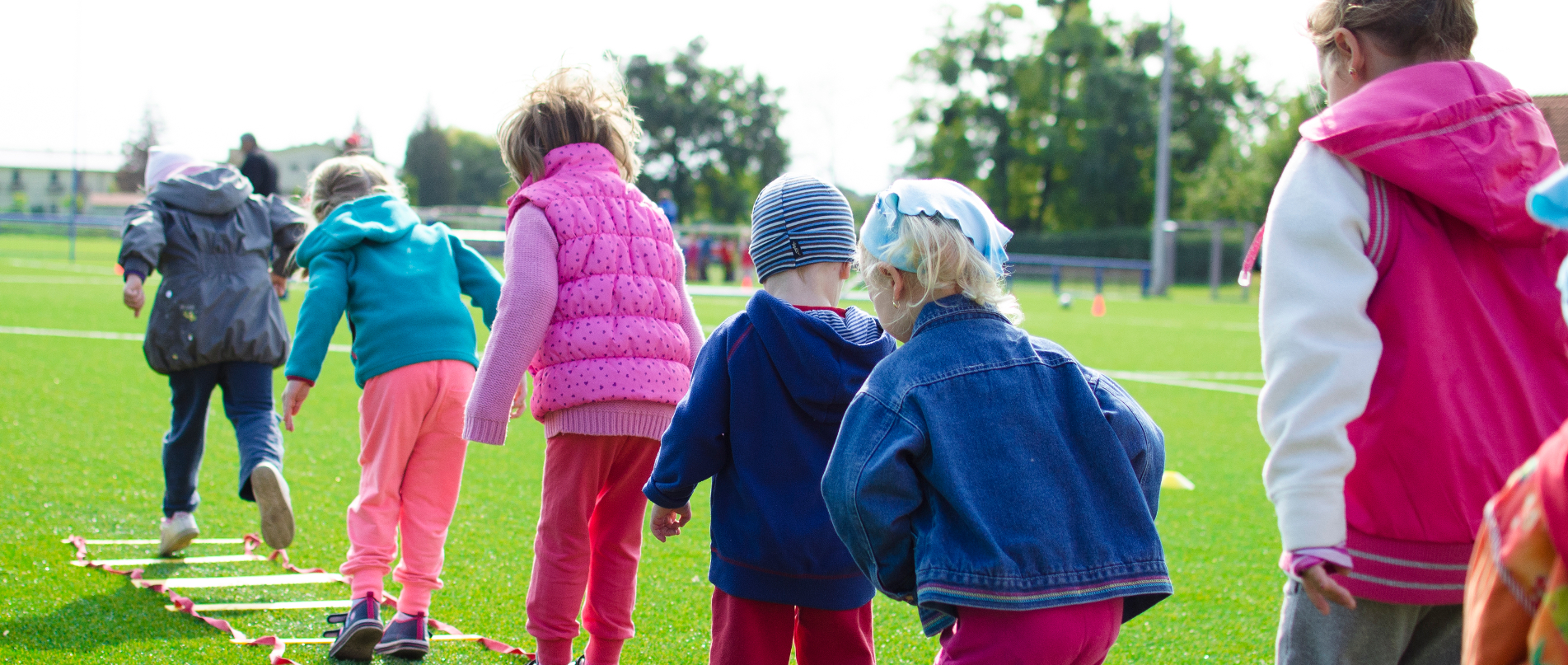
Prompt Images
Why do we play?
Psychologists suggest that, through play, human children learn adaptive strategies and social skills. Some activities—such as making Play-doh food, “raising” a baby doll, or pretending to go hunting with sticks and rocks—let kids practice for situations they may encounter as adults.
You can learn a lot, then, about a culture’s values from how its children play. Taking a look at some common American children’s games reveals them for what they are: a stage for the next great American sociopath to sharpen his or her skills at manipulation and deceit.
Hide And Seek
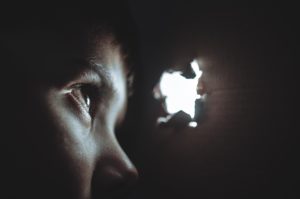
How to Play: One child closes their eyes and counts down from a prearranged number, while the other children in the group attempt to conceal themselves from view. After the countdown is finished, the first child tries to find the others.
What It Teaches Our Kids: Due to a fear of abandonment, you will find yourself grasping desperately to reunite yourself with others the moment they say they need time and space to themselves. Once you’ve found them, you will in turn grow bored and claim you need your space, but get frustrated if you’re not pursued. The cycle repeats, until everyone gets tired of playing and you go home, alone.
Prepares Kids For: Being serial philanderers; owning a small dog.
Telephone
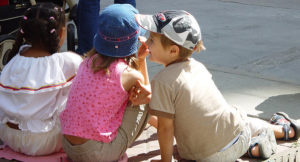
How to Play: Children sit in a circle, with one person thinking of a phrase or sentence. They whisper the phrase or sentence to their neighbor, who whispers it to theirs. This continues around the circle until it reaches the last person in the circle before the original child, who speaks the phrase aloud. The group compares what the first child said with what the last child heard.
What It Teaches Our Kids: Despite your best efforts to really, really try you will never perfectly be able to communicate your thoughts, feelings, or intent. Alternatively, should you succeed in passing on anything of importance to another person, you can rest assured its meaning will be twisted by the time it reaches the masses.
Prepares Kids For: Preaching the prosperity gospel; being a divorce lawyer.
Truth Or Dare
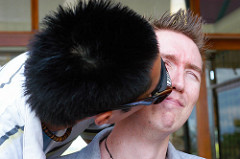
How to Play: Children take turns choosing either “Truth” (and answering a question posed to them by the group) or “Dare” (and performing some sort of mischievous or otherwise out-of-character task).
What It Teaches Our Kids: Information is leverage, and the best way to gain status in a group is through blackmailing someone else. The only way to bolster your privacy is by turning on someone less fortunate than you and hope that either their secrets (or what they can be convinced to do) are worth more than what you can provide.
Prepares Kids For: Developing a social media platform; becoming a politician.
Duck Duck Goose (except in Minnesota)
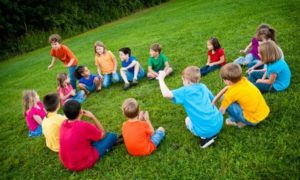
How to Play: Children sit in a circle, waiting for a child standing outside their circle to walk around them and tap them on the head in turn. The walking child identifies each sitting child as either a “Duck” (in which case nothing happens) or a “Goose” (in which case the “Goose” needs to rise and chase the walking child). The walking child must then run around the circle, avoiding the Goose, and try to take the Goose’s seat in the circle. If they are successful, the Goose begins a new round of selecting a new Goose. (Otherwise, the walking child must continue with selecting a new Goose.)
What It Teaches Our Kids: There will always be an outcast, someone who lives on the outer edge of society. Should Fate, in her whimsy, see fit to cast you into the arms of the shunned, you will only regain your former place by turning on one of your former colleagues.
Prepares Kids For: Rooting out the Red Menace; keeping up with the Joneses.
The Floor Is Lava

How to Play: Children assume their familiar environs have turned to lava, quicksand, or some other deadly hazard and take every pain to avoid touching it with their body.
What It Teaches Our Kids: Death is constant and everywhere. Even the most ordinary situations are in danger of becoming permanently dangerous, and only through constant vigilance can they be conquered and tamed (although never permanently).
Prepares Kids For: Parkour championships; a life in the police force.
Red Rover
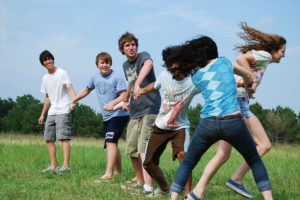
How to Play: Children stand facing each other in long chains formed by linking hands. One group attempts to capture members of the other group into their chain by “calling them over” to run into their linked hands. The called child can resist being incorporated into the chain only by breaking through the chain, at which point they bring back with them one of the two people whose hands they broke through. Play continues until one group of children has successfully captured all the participants.
What It Teaches Our Kids: Groups of people who request your participation are probably less interested in adding your skills than in being able to strategically deprive their enemies of resources. The eventual end result of all participation is for all individuals’ identities to be sacrificed to the group.
Prepares Kids For: Leading focus groups; market analysts; a career in mergers and acquisitions law.



